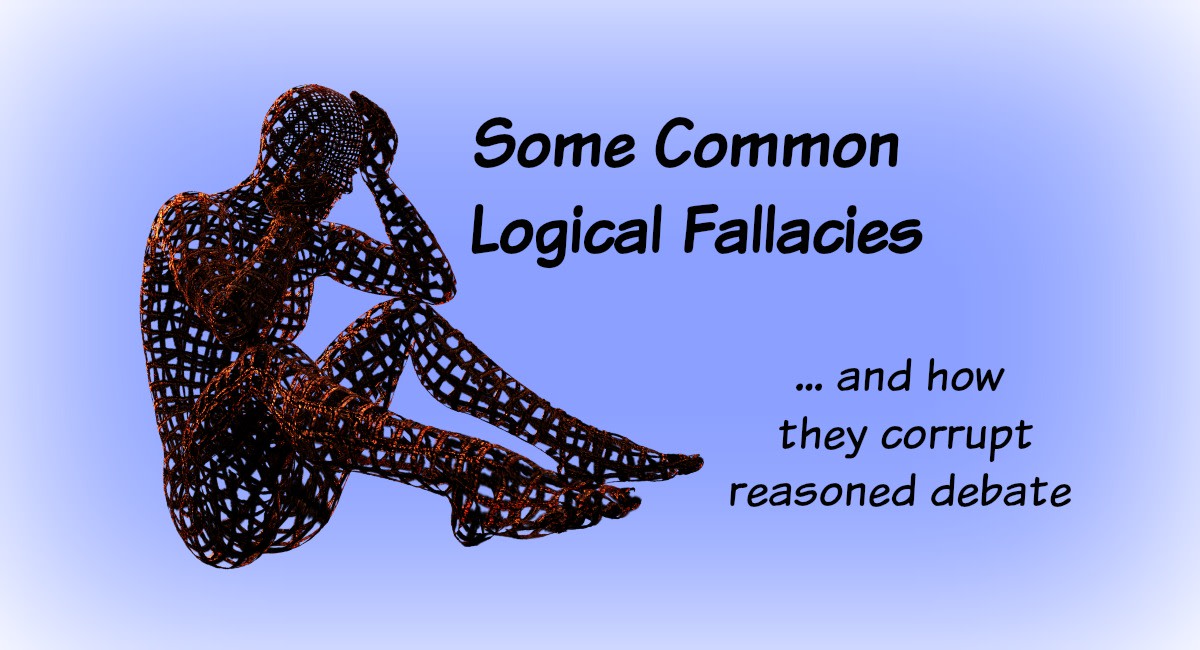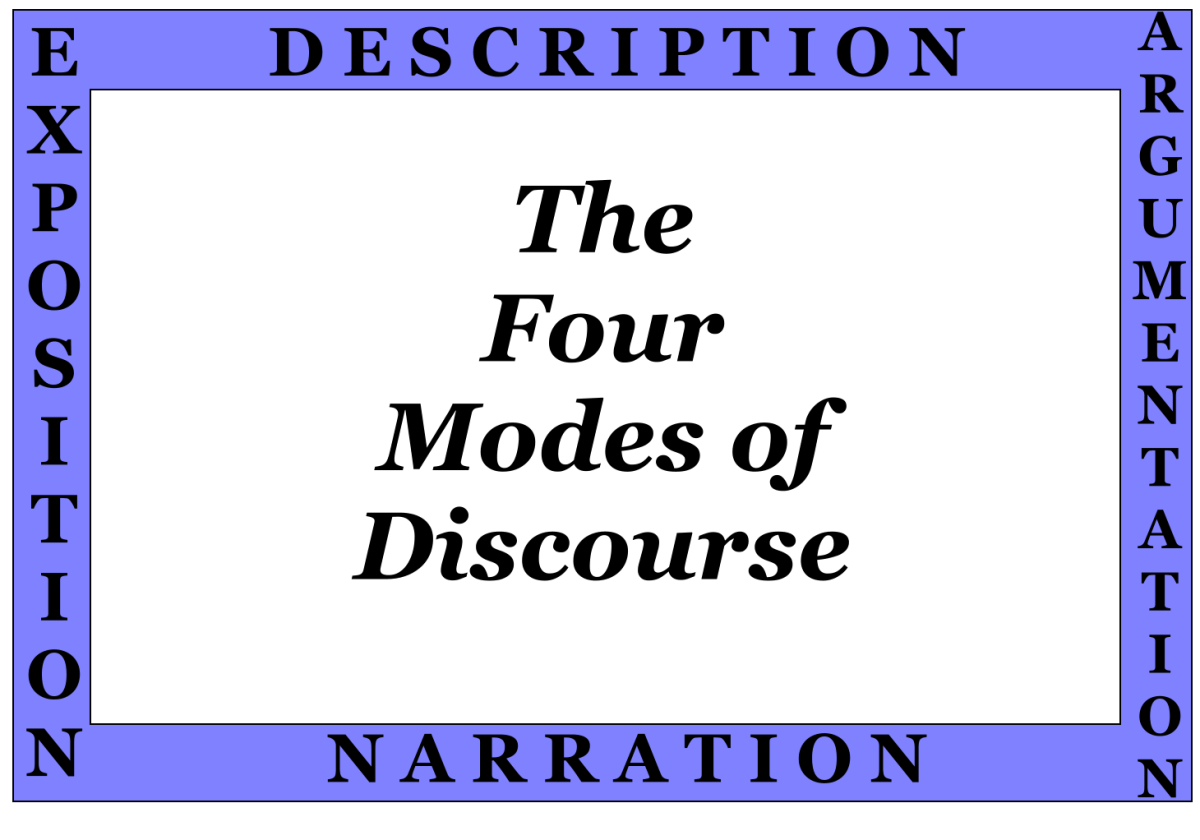Aspects of Classical Argumentation in “Our Full, Unequal World”
“To punish me for my contempt for authority, fate made me an authority myself” –Albert Einstein
Aristotle’s “Rhetoric” was written around the 4th century B.C. in ancient Greece (Rapp, 2010). No work before or since has influenced the study of rhetoric as effectively as Aristotle nearly two-thousand-three-hundred years ago. In Book I, chapter two, Aristotle famously introduces three critical aspects of persuasion: ethos, pathos, and logos[1]. Aristotle explains that a good orator must demonstration a balanced blend of ethos, pathos, and logos before an audience because it produces the most persuasive effect (Rapp, 2010). Contemporary writers, journalists, lawyers, politicians, or any person that writes persuasive business letters still draws on Aristotle’s aspects of classical argumentation outlined in “Rhetoric.” An analysis of “Our Full, Unequal World” by Jan Otto Andersson, economics professor at Abo Akademi University in Turku, Finland, shows that even modern arguments about environmental economics are built on Aristotle’s ethos, pathos, and logos.
Andersson’s essay “Our Full, Unequal World” begins with a dose of logos that establishes his credibility early in his argument in support his major claim: that people in many countries, most notably in the United States, are consuming natural resources at frightening rates; so quickly that every country, rich or poor, are economically and ecologically unsustainable (Lamm R., Everett J., 2007). In a rebuttal to the uncertainty of miscalculations and estimates in paragraph 2, Andersson explains why ecological footprints are the best indication for measuring human consumption of natural resources when he says
For all its limitations, the ecological footprint concept is better than any other practicable concept, such as energy use or material flows. Unlike alternative indicators, EF calculations make it possible to estimate the biocapacities of different types of land and sea – cropland, grazing land, forestland, and fishing grounds” (Andersson, 2005/2007, p. 2).
In addition, Andersson further supports his claims that ecological footprints are essential with logos when he says
Second, it incorporates the capability to absorb wastes, such as carbon dioxide emissions stemming from the use of fossil fuels. By combining them, we can estimate the hypothetical upper limit of services the biosphere can supply, a limit not to be exceed if we want to achieve ecological sustainability (Andersson, 2005/2007, p. 2).
Andersson’s effective use of logos sets up his credibility from the beginning of his essay. Ultimately, it enhances his ethos throughout the paper and allows him to insert new sources and dilemmas to his argument without drawing doubts from his audience- such is the nature of the effect of authority made through logic.
After Andersson’s initial logical opening, he naturally progresses to support his major claim from ethos by inserting a table labeled ‘National Footprints and Biocapacities, 2001’ in paragraph 3 from the Global Footprint Network at footprintnetwork.org. This table depicts the population, ecological footprint, biocapacity, and ecological surplus or deficit of 25 nations, including the United States. Ultimately the chart serves a purpose in supporting his major claim. Even so, by inserting this table Andersson not only further supports his logos on the objectivity of measuring with ecological footprints, but he also eliminates biasness and shows a fair-minded approach to his argument, characteristic of using good ethos.
Andersson bounds between these aspects logos and ethos to bolster confidence in his readers. Once Andersson demonstrates that he is knowledgeable on environmental economics, and has a vested interest in his position, he mixes a little drop of pathos into the essay to add spice and power to his logical authority when he says
The ecological footprint calculations reveal that we live not only in a full world, but also in an unequal one. An average North American consumes 15 times more renewable resources than an average Bangladeshi or Ethiopian. To sustain his or her lifestyle, a typical Western European requires six times the biocapacity of an African or Indian. If everybody on earth were to consume as much biocapacity as North Americans currently do, we would need four more globes, and at least one more even if we did not care about global warming (Andersson, 2005/2007, p. 8).
In this paragraph, Andersson turns an issue of macroeconomics into a moral dilemma by drawing off Immanuel Kant’s objective moral reasoning on willing universal maxims (Donnelly, deontology lecture notes, 2012). Kant’s moral reasoning explains that a good will is the will that is motivated to perform an act because it is a moral duty and not merely because the act is in one’s self-interest or gives one pleasure (Donnelly, deontology lecture notes, 2012). Furthermore, we know our duty is moral is we can universalize our maxim or will to become a universal law of conduct (Donnelly, deontology lecture notes, 2012). Kant calls this the categorical imperative. Essentially, Andersson is drawing off Kant’s moral theory of the categorical imperative to challenge his reader’s sense of justice and emotion, characteristic of effective pathos.
Aristotle’s aspects of classical argumentation, ethos, pathos, and logos, are still relevant and practiced today across many fields of study from literature and classics to environmental science and economics. Andersson’s essay “Our Full, Unequal World” is an excellent example and contemporary embodiment of the major aspects of effective ancient Greek rhetoric. He establishes his argument on solid evidence, and logical progresses from one idea to another. He supports his logos with the insertion of credible sources and presents himself fair-minded and unbiased. Furthermore, he adds a moral implication to his argument that challenges his reader’s emotions, yet still keeps his tone cool and professional. This three-pronged rhetorical attack strikes a balanced approach to his argument, and ultimately cultivates a strong persuasive effect in his audience.
References
Andersson, J. (2007). Our full, unequal world. In Dynamic argument. Boston, MA: Houghton Mifflin.
Lamm, R., Everett, J. (2007). The market in fear; A world becoming more peaceful?; Do we fear the right things?. In Dynamic argument. Boston, MA: Houghton Mifflin.
Rapp, C. (2010). Aristotle’s rhetoric. In The Stanford encyclopedia of philosophy, Edward N. Zalta (ed.). Retrieved from http://plato.stanford.edu/entries/aristotle-rhetoric/
[1] Ethos: appeal to authority, honesty, and qualifications. Pathos: appeal to emotions, imagination, and morals. Logos: logical appeal, facts, figures, and statistics.








